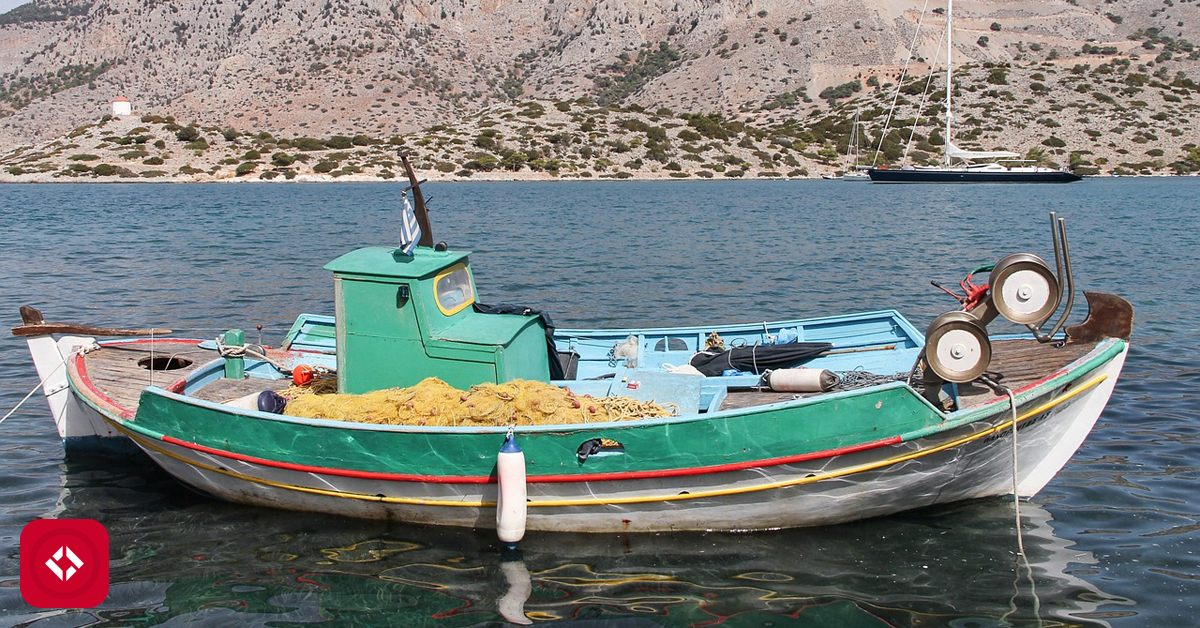Sample Programs in Every Language
A Collection of Code Snippets in as Many Programming Languages as Possible
This project is maintained by TheRenegadeCoder
Convex Hull in Rust
Published on 22 April 2023 (Updated: 08 May 2023)
Welcome to the Convex Hull in Rust page! Here, you'll find the source code for this program as well as a description of how the program works.
Current Solution
use std::env::args;
use std::process::exit;
use std::str::FromStr;
use std::fmt;
fn usage() -> ! {
println!(
"Usage: please provide at least 3 x and y coordinates as separate lists \
(e.g. \"100, 440, 210\")"
);
exit(0);
}
fn parse_int<T: FromStr>(s: &str) -> Result<T, <T as FromStr>::Err> {
s.trim().parse::<T>()
}
fn parse_int_list<T: FromStr>(s: &str) -> Result<Vec<T>, <T as FromStr>::Err> {
s.split(',')
.map(parse_int)
.collect::<Result<Vec<T>, <T as FromStr>::Err>>()
}
#[derive(Clone, Copy)]
struct Point {
x: i32,
y: i32,
}
impl Point {
fn new(x: i32, y: i32) -> Self {
Self {x: x, y: y}
}
}
impl fmt::Debug for Point {
// Show point
fn fmt(&self, f: &mut fmt::Formatter<'_>) -> fmt::Result {
write!(f, "({}, {})", self.x, self.y)
}
}
fn form_points(x_values: &Vec<i32>, y_values: &Vec<i32>) -> Vec<Point> {
x_values.iter()
.zip(y_values.iter())
.map(|(x, y)| Point::new(*x, *y))
.collect()
}
// Find Convex Hull using Jarvis' algorithm
// Source: https://www.geeksforgeeks.org/convex-hull-using-jarvis-algorithm-or-wrapping/
fn convex_hull(points: &Vec<Point>) -> Vec<Point> {
let n = points.len();
// Initialize hull points
let mut hull_points: Vec<Point> = vec![];
// The first point is the leftmost point with the highest y-coord in the
// event of a tie
let l = points.iter()
.enumerate()
.map(|(n, point)| (point.x, -point.y, n))
.min()
.unwrap()
.2;
// Repeat until wrapped around to first hull point
let mut p = l;
loop {
// Store convex hull point
hull_points.push(points[p]);
let mut q = (p + 1) % n;
for j in 0..n {
// If point j is more counter-clockwise, then update end point (q)
if orientation(&points[p], &points[j], &points[q]) < 0 {
q = j;
}
}
p = q;
if p == l {
break;
}
}
hull_points
}
// Get orientation of three points
//
// 0 = points are in a line
// > 0 = points are clockwise
// < 0 = points are counter-clockwise
fn orientation(p: &Point, q: &Point, r: &Point) -> i32 {
(q.y - p.y) * (r.x - q.x) - (q.x - p.x) * (r.y - q.y)
}
fn show_points(points: &Vec<Point>) {
for point in points {
println!("{point:?}");
}
}
fn main() {
let mut args = args().skip(1);
// Convert 1st command-line argument to list of integers
let x_values: Vec<i32> = args
.next()
.and_then(|s| parse_int_list(&s).ok())
.unwrap_or_else(|| usage());
// Convert 2nd command-line argument to list of integers
let y_values: Vec<i32> = args
.next()
.and_then(|s| parse_int_list(&s).ok())
.unwrap_or_else(|| usage());
// Exit if not same number of points or less than 3 points
let num_x = x_values.len();
let num_y = y_values.len();
if num_x != num_y || num_x < 3 || num_y < 3 {
usage();
}
// Combine values into set of points
let points: Vec<Point> = form_points(&x_values, &y_values);
// Get convex hull of points and show points
let hull_points = convex_hull(&points);
show_points(&hull_points);
}
Convex Hull in Rust was written by:
- rzuckerm
If you see anything you'd like to change or update, please consider contributing.
How to Implement the Solution
No 'How to Implement the Solution' section available. Please consider contributing.
How to Run the Solution
No 'How to Run the Solution' section available. Please consider contributing.